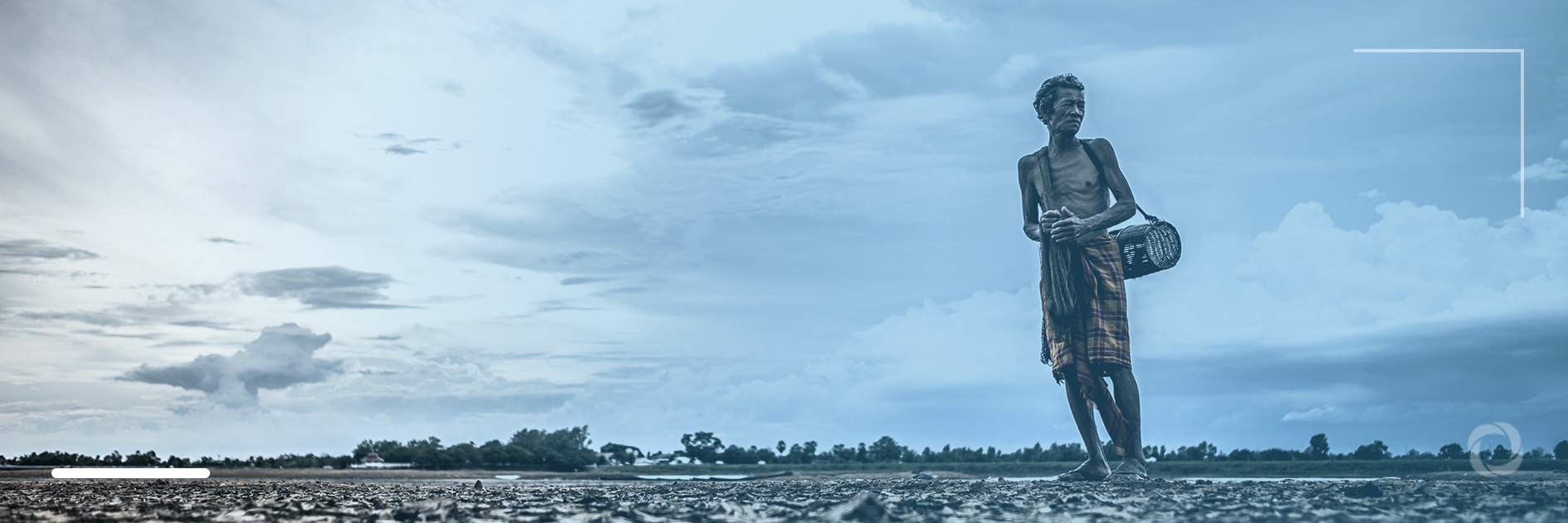The International Monetary Fund (IMF) and the World Bank (WB) are set to create a platform to advise developing countries on spending for climate and biodiversity conservation actions. According to a draft document made available to Reuters, this spending may be linked to debt relief.
The platform is expected to bring together UN officials, non-governmental organizations, private investors, and rating agencies to provide expertise on how to invest in energy transformation and how to obtain no-interest loans and conditional debt relief.
IMF Managing Director, Kristalina Georgieva, confirmed that the institution would cooperate with the World Bank on the project.
“We are going to work with the World Bank and by COP26 (United Nations Climate Change Conference 26, due on 1-12 November),” she said.
Georgieva explained the move by the fact that the debt repayment challenges and budget shortages faced by low-income countries against the background of the COVID-19 pandemic had reduced their ability to transition to clean energy, to take wildlife protection action, or to adjust their infrastructure to prepare for climate impacts.
Commenting on the possibility of linking the funding of climate actions to debt relief, Georgieva said: “When we are faced with this dual crisis – the debt pressures on countries and the climate crisis, to which many low-income countries are highly, highly vulnerable – it makes sense to seek this unity of purpose. In other words, green debt swaps have the potential to contribute to climate finance. They have the potential to facilitate accelerated action in developing countries.”
A source familiar with the initiative, called green resilient and inclusive development, or GRID, told Reuters that “unlike other initiatives out there that focus on one project at a time, this will focus on systematically changing whole economies, as the platform aims for a more holistic approach to the triple crisis of debt, climate change and biodiversity loss”.
Although planning is still in the early stages, the goal is to launch the platform late in 2021, a source told Reuters. Despite this timespan, many countries have already expressed interest in receiving help to tackle climate-related risks and better prepare their economies and agricultural sectors for climate shocks, as Kristalina Georgieva noted.


